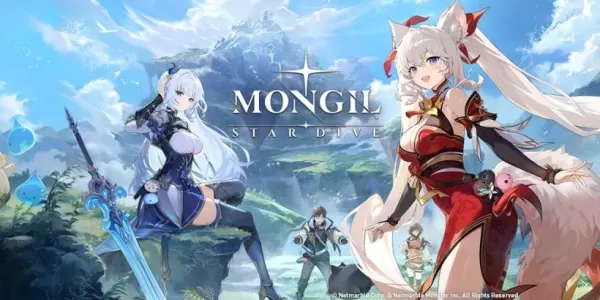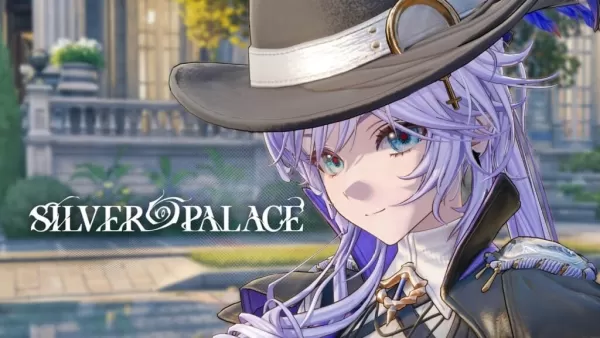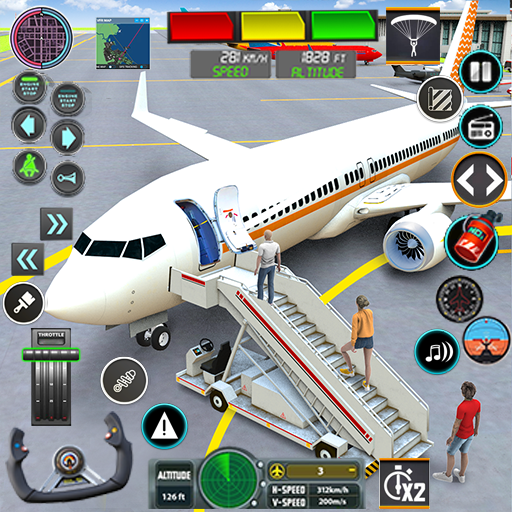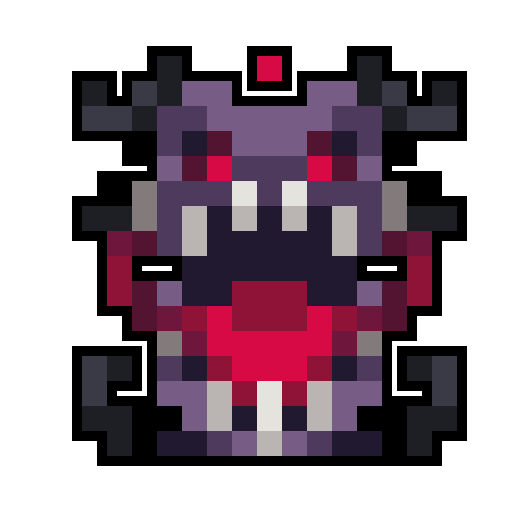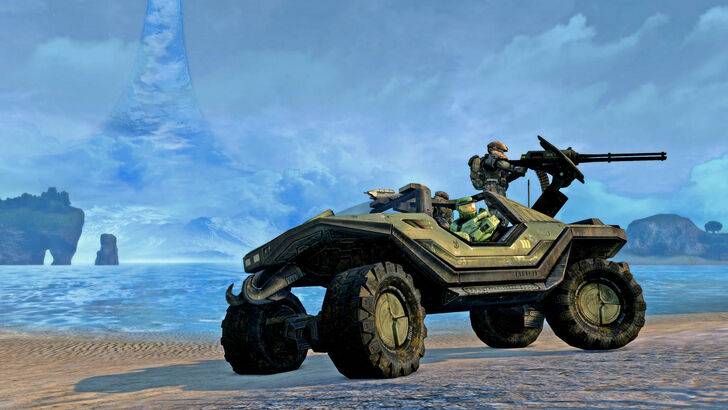
The 2011 remake of Halo: Combat Evolved Anniversary was a pivotal project for the then-independent studio Saber Interactive, who offered to undertake it for free. This article delves into the journey of how this decision unfolded and how it propelled a small indie team into the spotlight of a renowned franchise.
Saber Interactive Offered To Do Halo For Free
A Huge Opportunity For An Independent Studio
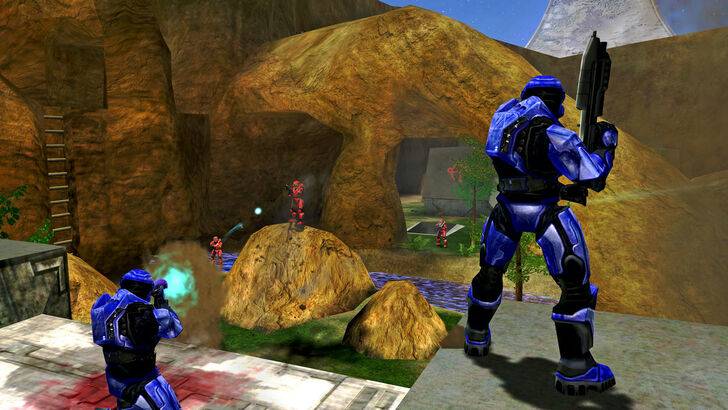
In a revealing interview with journalist Stephen Totilo for Game File, Saber Interactive's CEO and co-founder, Matthew Karch, shared the story behind their pitch to Microsoft for remastering the iconic first Halo game. Karch boldly stated that his studio would do the project for free, emphasizing the significance of the opportunity: "Because it’s Halo."
The Xbox executive present was taken aback by the offer, but Karch saw it as a strategic move for his young startup. At the time, Saber was an emerging independent studio, and working on such a major franchise was seen as a golden ticket to industry recognition. Karch explained, "It’s the biggest franchise in the world at the time. I said: ‘It’s like putting a Harvard diploma on your wall. Everyone in the world is going to want to work with me after they see that I’ve worked on this last Halo game, and it is going to open up doors. So I’ll suck it up and I’ll do it at a loss.'"
Despite proposing a low bid of $4 million at Microsoft's request, the contract included clauses that nullified any potential royalties for Saber, resulting in the studio receiving no financial compensation for their work on the Xbox 360 release of Halo: Combat Evolved Anniversary in 2011.
From Relying On Publishers To Becoming One Themselves
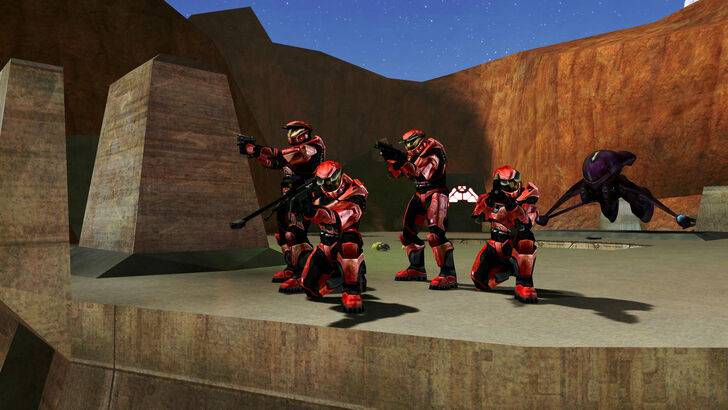
Although the initial project was a financial loss, it paved the way for future opportunities. Microsoft later contracted Saber to contribute to Halo: The Master Chief Collection, alongside other developers like Bungie and 343 Industries. Saber was also tasked with porting Halo: Combat Evolved Anniversary to the Xbox One. However, Microsoft initially forgot to send a contract for this port until just before the collection's release.
Karch refused to sign the new contract unless Microsoft removed the clauses that had previously eliminated royalties. After negotiations, Microsoft agreed to amend the contract, and Saber was compensated generously for their work on The Master Chief Collection, receiving tens of millions of dollars.
This significant payout was a turning point for Saber, enabling them to pursue larger and more lucrative projects. Karch reflected on this moment, saying, "We’ve watched other people make money on our work. Now we’re going to make money on our own."
Saber Interactive Now
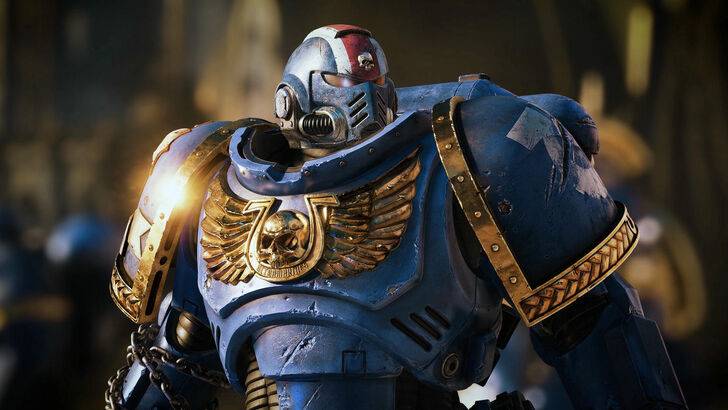
Following their successful collaboration with Microsoft, Saber Interactive expanded globally, establishing new studios in Spain, Sweden, and Belarus, and acquiring other studios such as Binary Motion and New World Interactive. They worked on various projects, including the Nintendo Switch port of The Witcher 3: Wild Hunt with CD Projekt Red and developed World War Z under their own banner.
In February 2020, Saber Interactive was acquired by the Embracer Group, becoming a subsidiary while retaining autonomy. Under Embracer, Saber continued to grow, acquiring more subsidiaries and developing titles like Evil Dead: The Game. However, due to financial challenges, Embracer sold Saber to Beacon Interactive, a company owned by Saber's CEO Karch, in a deal that allowed Saber to retain all its branded studios and IPs.
Despite the separation from Embracer, CCO Tim Willits reassured fans via X (formerly Twitter) that ongoing projects would continue as planned. Currently, Saber Interactive is working on several exciting titles, including Warhammer 40,000: Space Marine 2 (released in September 2024), John Carpenter’s Toxic Commando, and Jurassic Park: Survival.

